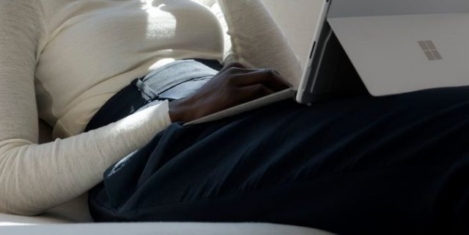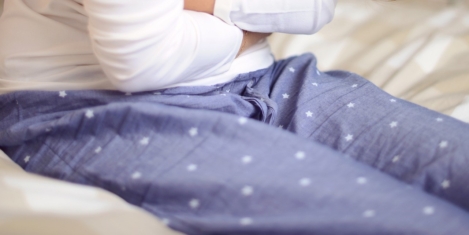To provide the best experiences, we use technologies like cookies to store and/or access device information. Consenting to these technologies will allow us to process data such as browsing behaviour or unique IDs on this site. Not consenting or withdrawing consent, may adversely affect certain features and functions.
The technical storage or access is strictly necessary for the legitimate purpose of enabling the use of a specific service explicitly requested by the subscriber or user, or for the sole purpose of carrying out the transmission of a communication over an electronic communications network.
The technical storage or access is necessary for the legitimate purpose of storing preferences that are not requested by the subscriber or user.
The technical storage or access that is used exclusively for statistical purposes.
The technical storage or access that is used exclusively for anonymous statistical purposes. Without a subpoena, voluntary compliance on the part of your Internet Service Provider, or additional records from a third party, information stored or retrieved for this purpose alone cannot usually be used to identify you.
The technical storage or access is required to create user profiles to send advertising, or to track the user on a website or across several websites for similar marketing purposes.
![]() Nearly half of people (43 percent) who quit their jobs as part of the so-called Great Resignation during the pandemic now think they were actually better off at their old job. This revelation comes from a six-country survey of nearly 4,000 people by UKG that examines sentiment about quitting during the Great Resignation, including if job leavers felt that they made the right decision, the disconnect between managers and employees about why people quit, and the chances workers would boomerang back to their old job. (more…)
Nearly half of people (43 percent) who quit their jobs as part of the so-called Great Resignation during the pandemic now think they were actually better off at their old job. This revelation comes from a six-country survey of nearly 4,000 people by UKG that examines sentiment about quitting during the Great Resignation, including if job leavers felt that they made the right decision, the disconnect between managers and employees about why people quit, and the chances workers would boomerang back to their old job. (more…)









 Although the term ‘metaverse’ was coined in 1992 by science fiction novelist Neal Stephenson, it has only just entered the mainstream lexicon after
Although the term ‘metaverse’ was coined in 1992 by science fiction novelist Neal Stephenson, it has only just entered the mainstream lexicon after 




 Putting in overtime often comes at a cost of stress, burnout and depression. But extra work doesn’t always negatively affect wellbeing. In fact, according to recent research from academics
Putting in overtime often comes at a cost of stress, burnout and depression. But extra work doesn’t always negatively affect wellbeing. In fact, according to recent research from academics 
 Leaders need to work harder to build trust among employees with 32 per of U.K. workers admitting to not trusting senior leaders. These are the findings from
Leaders need to work harder to build trust among employees with 32 per of U.K. workers admitting to not trusting senior leaders. These are the findings from 
 More than half (51 percent) of UK workers who currently have the choice to mix remote and office working would consider leaving their company if this hybrid option was removed, according to new
More than half (51 percent) of UK workers who currently have the choice to mix remote and office working would consider leaving their company if this hybrid option was removed, according to new 
 According to a new report findings unreliable IT service and equipment (in-office or remote) was the third most influential factor for employee turnover or burnout, behind poor salary and an unhealthy work culture. Almost 20 percent of all respondents would opt to leave their job because of a poor IT experience. The
According to a new report findings unreliable IT service and equipment (in-office or remote) was the third most influential factor for employee turnover or burnout, behind poor salary and an unhealthy work culture. Almost 20 percent of all respondents would opt to leave their job because of a poor IT experience. The 
 British workers took the seventh lowest number of sick days in Europe last year, according to new
British workers took the seventh lowest number of sick days in Europe last year, according to new 








April 29, 2022
Working from home can present particular challenges for women
by Rachel King • Comment, Flexible working